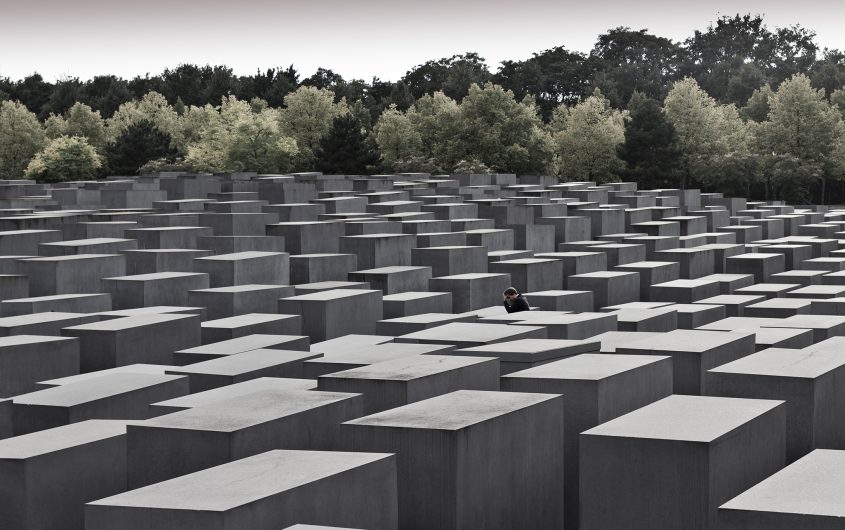
H. Raab via Flickr
Transitional Justice as a Foreign Policy Issue across the Atlantic: Trends and Counter-trends

Mariam Salehi
Center for Conflict Studies, University of Marburg
Dr. Mariam Salehi was a DAAD/AICGS Research Fellow from mid-April to mid-June 2019. She is a postdoctoral researcher at the Center for Conflict Studies, University of Marburg. While working toward her PhD, she was as a research fellow in the research network “Re-configurations. History, Remembrance and Transformation Processes in the Middle East and North Africa,” funded by the German Ministry of Education and Research. Prior to coming to Marburg, Mariam was a research associate at the chair for political science with a focus on international politics at Helmut Schmidt University, Hamburg. Her research interests are situated at the intersection of International Relations and Peace and Conflict Studies. They include transitional justice and processes of political and social change. She has written about her research for academic and non-academic publications, among the latter for openDemocracy, Internationale Politik, Frankfurter Rundschau, and The Washington Post’s The Monkey Cage blog.
During her fellowship at AICGS, Mariam will work on global transitional justice and Germany’s foreign policy on “dealing with the past.”
Transitional justice either describes a socio-political process in transitional societies after conflict or authoritarian rule or a set of measures that should facilitate this process. The process in general and the measures in particular should deal with injustices after violence or repression. It should bring about justice, contribute to lasting peace and democracy, and foster social cohesion and possibly reconciliation. Transitional justice measures commonly comprise trials, truth commissions, vetting/lustration of government and administration, reparation and compensation measures, as well as memorials and public apologies. This essay discusses the compatibility of German experiences and trends in the U.S.
The origins of the concept are usually traced back to the international criminal trials after World War II, although it was not called transitional justice at that point. In the late 1980s/early 1990s, then, the transitions in Latin America and Eastern Europe posed new challenges for human rights activists. A transitional justice “field” emerged through collaboration of activists, practitioners, and academics, and the corresponding term was coined. Transitional justice has gone through conceptual developments over time: from its roots in the legal area and focus on retributive justice (i.e., mainly trials) to the integration of broader needs in the transitional societies (e.g., truth-seeking, reparations, or memorialization). A global transitional justice paradigm has evolved over the last decades; a community of practice formed and the field became professionalized. Nowadays transitional justice is a standard practice for transitional societies; processes are most often carefully planned and accompanied by international professionals. Next to international organizations and NGOs that specialize in the matter, various states also support transitional justice initiatives through their foreign policy efforts.








